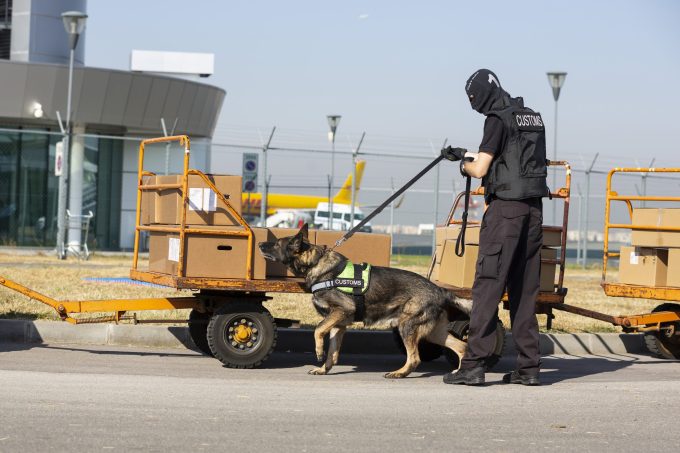US CBP sees 90% fall in revenue last month; airfreight sees ecomm slide
February may have been the month in which the US suspended its de minimis exemption ...

When a helicopter has been broken down and shipped in parts under the US de minimis threshold, you know you’ve got a problem.
The US CBP revealed in its Frontline magazine this weekend that last year a disassembled helicopter arrived in Fort Lauderdale from Venezuela in 21 crates, labelled “personal effects”.
De minimis shipments, under which no duties are due on shipment values of under $800, account for 92% of all cargo entering the US, said the CBP. Some 4m de ...
Volcanic disruption at Anchorage could hit transpacific airfreight operations
Macron calls for ‘suspension’ – CMA CGM's $20bn US investment in doubt
Forwarders stay cool as US 'liberation day' tariffs threaten 'global trade war'
Shippers snap up airfreight capacity to US ahead of tariff deadline
De minimis exemption on shipments from China to the US will end in May
Tighter EU import requirements proving 'a challenge' for forwarders
Looming Trump tariffs will create 'a bureaucratic monster' for Customs

Comment on this article